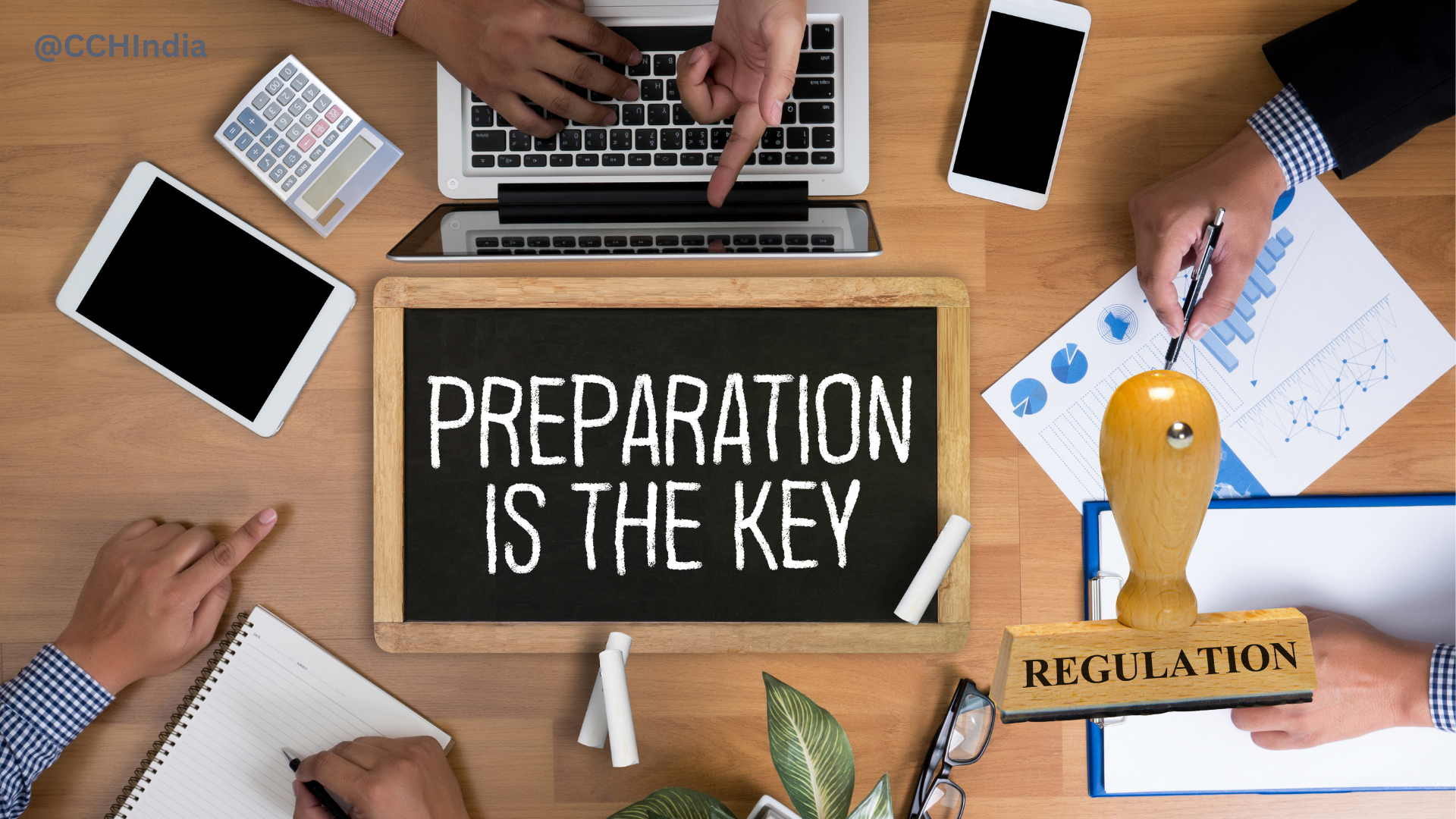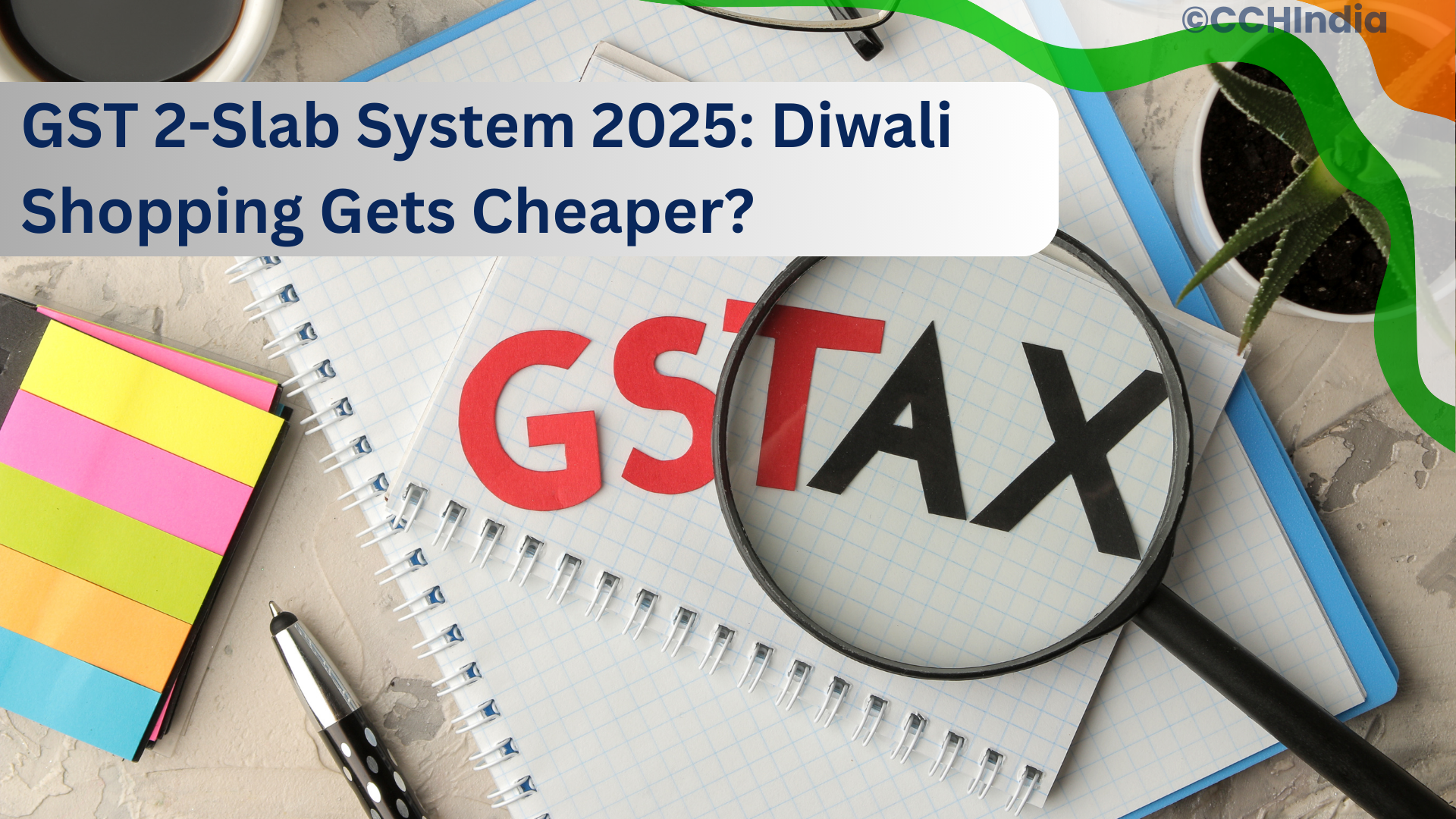How I Started Thinking About 2026 Regulations
Every year, the rules around how businesses operate shift a little, but 2026 feels different. There’s a lot being talked about—data protection, digital taxes, AI usage, environmental compliance, and workplace reforms. Instead of waiting for last-minute chaos (which many businesses unfortunately do), it’s smarter to tighten your systems now.
Honestly, preparing early is not just about avoiding penalties. It’s about giving your business the breathing room to adapt, experiment, and stay stress-free when new rules hit.
So let’s walk through the practical, real-world steps that actually help.
1. Start by Understanding What Might Change
Every industry has its own compliance headaches. What affects a retail store might not impact a SaaS company. Instead of scanning every regulation, pick the ones truly connected to your business operations.
Ask yourself:
- Does my business collect customer data?
- Do I use AI tools or automation?
- Do I deal with digital payments or cross-border transactions?
- Am I required to maintain environmental or workplace compliance?
Once you shortlist the areas, following updates becomes 10x easier.
Tip: Keep a single folder—digital or physical—where you store every new update or policy summary. It saves you from the end-of-year scramble.
2. Audit Your Internal Processes Before 2026 Arrives
You know how we often think, “I’ll fix this when it becomes mandatory”?
That thinking usually backfires.
Instead, run an internal audit now:
- Are your data storage practices transparent and secure?
- Do employee contracts cover upcoming workplace reforms?
- Is all software updated and licensed correctly?
- Are your financial records audit-ready?
When you fix the weak spots early, future regulations feel like small adjustments, not a painful overhaul.
3. Strengthen Your Data Protection & Cybersecurity
If there’s one thing almost every expert agrees on: data regulations will tighten in 2026.
Businesses that collect or store customer information are on the front line.
Here’s what you can start doing:
- Enable multi-layer security
- Use encrypted tools for communication
- Review third-party app permissions
- Create a simple, clear data policy for customers
Even if you don’t handle sensitive information, strong cybersecurity increases trust—and that’s priceless.
4. Prepare for AI & Automation Rules
AI isn't optional anymore. Whether you use it for marketing, analytics, or daily operations, governments are bringing clearer rules around:
- transparency
- accountability
- data access
- ethical usage
If your business uses any AI tools, keep a record of:
- what tools you use
- what data they access
- how the output is used
This small list alone can save you hours during compliance checks.
5. Get Your Financial Systems in Shape
2026 might bring new digital tax standards, GST updates, and reporting requirements. Instead of fixing things later, put a few practices in place now:
- Use an updated accounting tool
- Keep clean monthly records
- Track invoices and payments digitally
- Sync your accountant with your internal team
Businesses that maintain clean books never panic during audits—others do.
6. Train Your Team Before Regulations Hit
Many businesses forget this part. Your team needs to understand:
- what’s changing
- why it matters
- how it affects their daily work
Even a short monthly internal https://www.residenciarelat.com/serveis/ session can bring everyone on the same page. When your people understand the rules, compliance becomes a natural part of operations—not a forced one.
7. Build a Habit of Monitoring Changes
You don’t need to become a legal expert. Just commit to checking updates regularly from:
- government portals
- industry associations
- your CA or legal advisor
- credible business news sources
The earlier you know, the smoother your implementation will be.
8. Create a 2026 Compliance Checklist
Here’s a quick starter checklist you can tailor for your business:
- ☐ Updated data protection policy
- ☐ Employee contracts reviewed
- ☐ Cybersecurity tools upgraded
- ☐ AI usage documented
- ☐ Financial systems digitized
- ☐ Waste/environmental rules checked
- ☐ Internal training completed
- ☐ External advisor consulted
This simple checklist itself puts you ahead of many competitors.
Final Thought: Preparation Is a Superpower
2026 regulations won’t be a problem for businesses that prepare early. What feels overwhelming right now becomes much easier when you break it into small steps.
Think of it like maintaining a car: small regular checkups save you from a big breakdown.
If you build the habit now, your business will enter 2026 confidently—strong, compliant, and future-ready.






